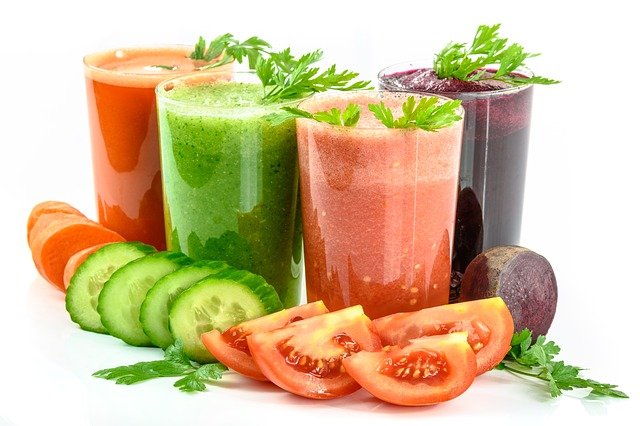Antioxidants are all the buzz these days. They help control inflammation (burning) in different tissues of your body. It seems every day a new paper is published about some new antioxidant that benefits the body. This all ties in nicely with the free-radical theory of aging, which basically says that it is oxidation that causes aging. Anti-oxidants fight free radicals that cause oxidation. Naturally we want to slow down the aging process so taking all the antioxidants we can sounds like a good idea …but is it?
When you ask, “just what is oxidation,” the most common example used is rust. Rust forming on metal is the oxidation of the iron in the metal. Sounds nasty – I don’t want to rust on the inside…do I? If only life were so simple. The media unfortunately pitches its information so that the average 6th grader can understand it. This means reducing very complex issues to a good-bad, black-white level thinking. Almost nothing in the body works that way. Your body is all about balance…balancing hundreds of factors moment to moment to produce optimal results in a constantly changing environment. So what about oxidation, is it bad? The true answer is no…and yes.
Without oxidation you would die in a matter of seconds. The reason we breathe is to provide the body with oxygen so that it can oxidize the foods we eat to produce the energy we need second by second to live. Oxidation is about the movement of energy between atoms and molecules so that chemical processes can take place. Where there is no movement of energy, there is no life. But sometimes there can be too much movement of energy and it damages us (this is called free radical damage). A prime example of this is a fire. A fire is just a super fast oxidation of the items being burned. So we need oxidation, but in just the right amounts – not enough and there is no energy for life and too much will “burn” our cells.
So now we come to the real question – do you or I need to take extra antioxidants? Our body makes most of its own antioxidants when it is healthy and uses antioxidants from our diet for the rest when we have a good healthy diet. Unfortunately very few people are actually healthy today, and getting really good healthy food is very difficult. Plus genetically a percentage of us need more antioxidants than others, and another percentage of us need to stay away from them. Too many antioxidants will promote an anaerobic (non-oxygen using) metabolism which supports cancer growth. In fact 90-95% of cancer patients are found to be in an anaerobic metabolic state (the other 5-10% are at the other extreme of a super-oxidized state). It is clear that keeping our oxidation levels balanced for our particular body’s chemistry and genetic profile is critical, but how do we know what that is?
Clues can be found in how we feel and through lab tests. Over oxidation may show up with inflammation symptoms like arthritis, fibromyalgia, fatigue, headaches, heart disease, or kidney damage. Unfortunately, most of the time we do not know when we are over oxidized – or under oxidized for that matter. This is a really critical issue to know as it so powerfully affects our health…so what do we do? Fortunately there is a simple urine test we can run in the office that can tell in 5 minutes whether you are over or under oxidized. Considering how much we can spend on antioxidant supplements the small cost of this test is really worth it. So don’t go pumping yourself full of miracle antioxidants until first finding out if they are right for you.

For only $20 Gypsy can run an Oxidata Test on your urine on Monday or Tuesday mornings and find out just how much free radical damage is taking place in your body right now. If you are not local and would like to do this test at home we can mail you a test – US shipping included for the same $20. Just give us a call at 916-966-4714 to arrange this. This is a basic piece of information everyone needs to know to be able to start protecting your health proactively.
